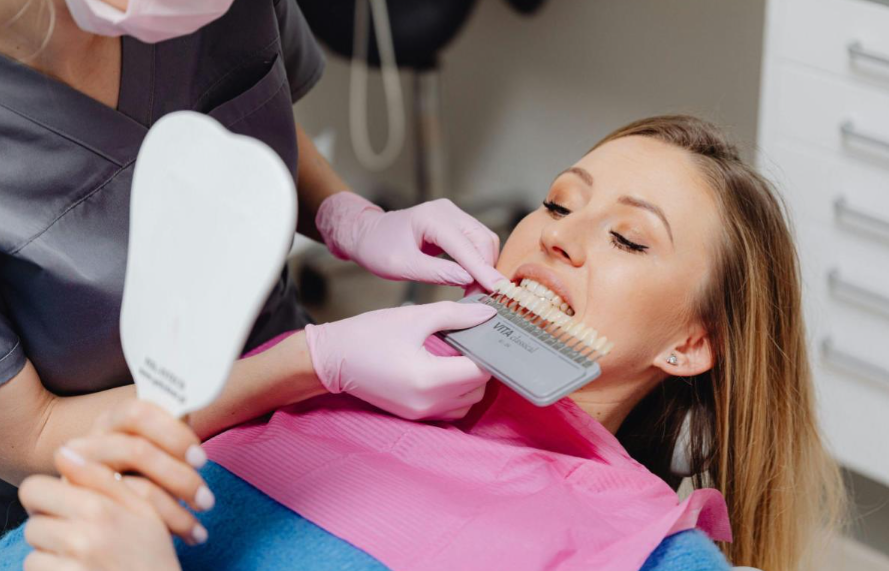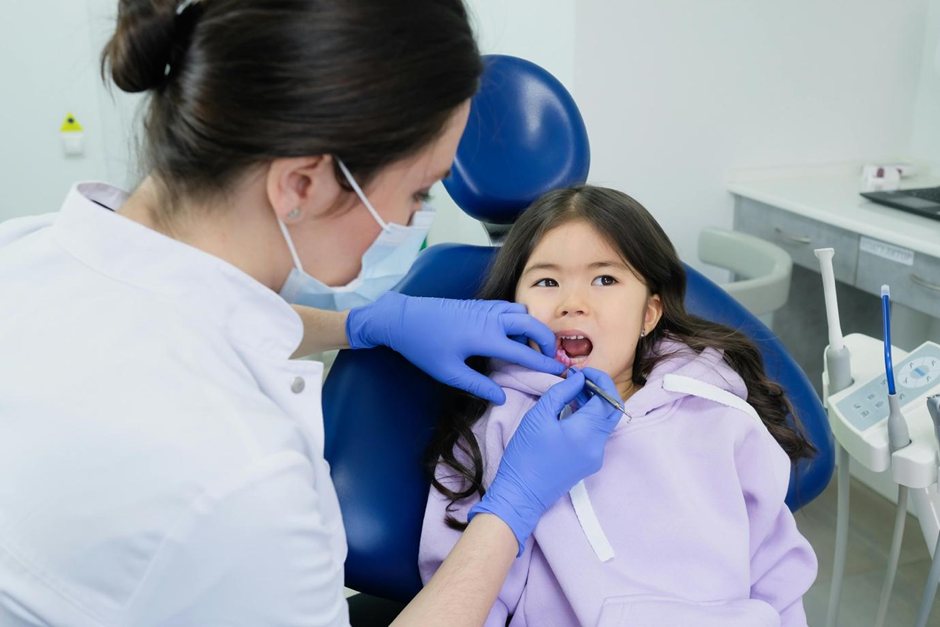From Grit to Grin: Managing Teeth Grinding for Better Sleep
Teeth Grinding
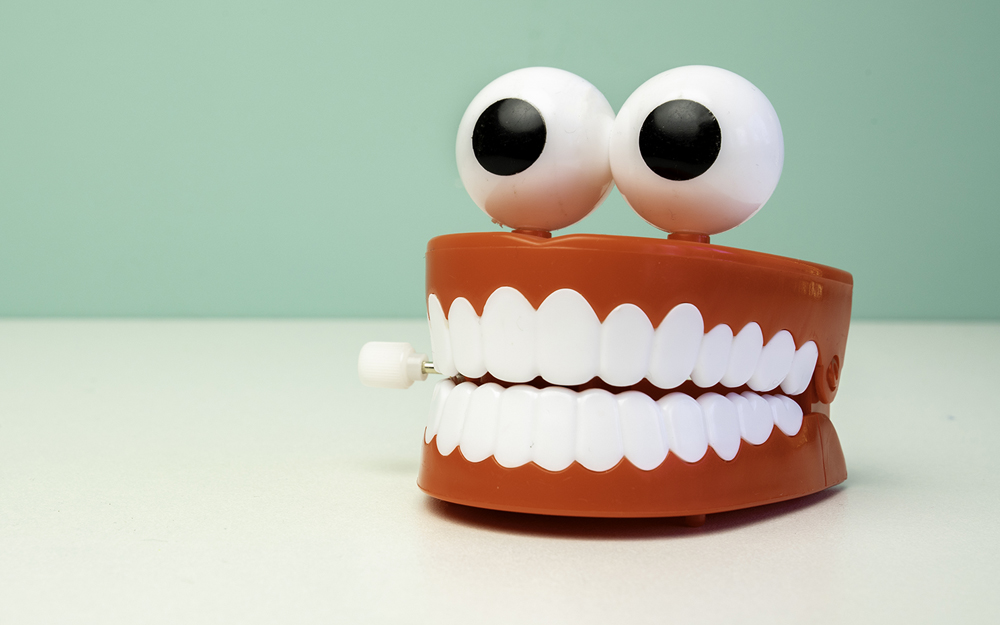
Table of Contents
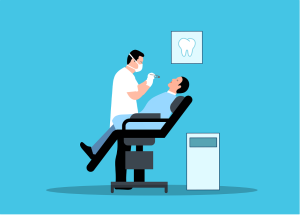
Teeth grinding is a common issue that often disrupts sleep and damages dental health. Many people (kids and adults) grind their teeth at night without realizing the harm it’s causing them.
This involuntary habit can lead to headaches, jaw pain, and even long-term damage to your teeth. But what triggers this troublesome behavior? And, more importantly, how can it be managed?
In this post, we’ll examine the causes of bruxism, explore preventive measures, and discuss solutions that can help transform restless nights into restful ones.
Understanding Teeth Grinding
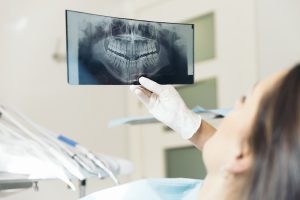
Bruxism, often called teeth grinding, is when individuals clench their jaws and grind their teeth, usually during sleep. This involuntary action can significantly affect dental health, leading to tooth wear, enamel erosion, and increased tooth sensitivity.
Many might not know they’re doing it until complications arise, so identifying bruxism early is crucial. The habit affects the teeth, can cause jaw discomfort, and disrupts sleep patterns. To briefly summarize, understanding and addressing the triggers of bruxism is essential for protecting teeth and improving overall oral health.
Recognizing the Signs
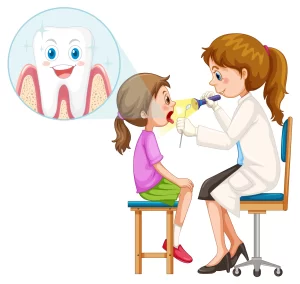
Learn the critical signs of bruxism, including teeth grinding, tooth damage, jaw discomfort, and frequent headaches, to prevent further dental issues and improve your overall health
Look closely at your teeth for signs of bruxism, which often appears as flattened or chipped teeth. This damage results from the constant grinding and clenching, typically during sleep.
You might also notice increased sensitivity in your teeth due to the wearing away of enamel, which exposes the softer dentin beneath
2. Discomfort in the Jaw
If you frequently wake up with sore jaw muscles or feel tired, this could indicate teeth grinding. This discomfort often manifests as stiffness in the jaw, making morning routines uncomfortable. If not addressed, it can lead to more severe jaw joint disorders over time.
3. Additional Symptoms
Beyond the jaw and teeth, bruxism can lead to other notable symptoms, such as dull headaches that are frequent and predominantly occur in the morning.
Additionally, suppose your sleep partner mentions noises from teeth grinding at night. In that case, this external observation can confirm suspicions of bruxism, providing a clear sign that it’s time to seek professional advice.
Behind the Grind: Exploring Causes
Uncover the diverse causes of bruxism, from stress and dental misalignment to medical conditions, to better understand and tackle this teeth-grinding challenge effectively.
- Psychological Triggers
Stress and anxiety top the list of psychological triggers for bruxism. These emotional pressures can cause you to unconsciously clench your jaw and grind your teeth, particularly during sleep.
Additionally, certain personality types, such as those who are overly competitive or aggressive, are more susceptible to this condition. Recognizing these emotional triggers is crucial for managing and reducing tooth grinding, which can lead to significant dental problems if left untreated.
2. Physical Factors
The physical alignment of your teeth plays a significant role in bruxism. Misalignment or poor jaw posture can lead to uneven jaw stress and trigger nighttime grinding. Moreover, lifestyle choices impact bruxism as well.
Diets high in caffeine or heavy alcohol consumption can exacerbate the frequency and intensity of teeth grinding, as these substances tend to increase muscle activity and tension.
3. Medical Contributors
Various medical conditions and medications can also contribute to bruxism. Sleep disorders like sleep apnea often coexist with bruxism, as both are linked to disruptions in sleep patterns.
Additionally, certain types of medications, particularly antidepressants, are known to have side effects that can enhance grinding behaviors.
It is essential to discuss these factors with healthcare providers to understand their potential impact on tooth grinding and overall dental health.
Professional Pathways to a Peaceful Night
Explore professional treatments for bruxism, from custom mouthguards to cognitive behavioral therapy, designed to protect teeth and effectively improve sleep quality.
Dental Interventions
Custom mouthguards serve as a frontline solution for bruxism, offering a barrier that prevents teeth from grinding against each other during sleep. If you suspect you may be suffering from bruxism, it’s important to seek professional help from a dental clinic in Dubai.
A dentist can evaluate your symptoms, conduct a thorough examination, and recommend appropriate treatments such as a mouthguard to protect your teeth from grinding during sleep. Additionally, they can check for other potential dental issues, including the need for root canal treatment if there is severe tooth damage. Early intervention can prevent further damage and alleviate the discomfort associated with these conditions.
Therapeutic Approaches
Cognitive behavioral therapy (CBT) is highly effective in managing bruxism, mainly when stress or psychological issues are the root causes. CBT works by changing the sleep habits and stress responses that often trigger teeth grinding.
Additionally, alternative therapies such as acupuncture and biofeedback have shown promise in reducing the frequency of bruxism.
Acupuncture helps relax the muscles and reduce stress, while biofeedback trains individuals to control involuntary muscle activity, offering a noninvasive option to mitigate teeth grinding.
Technological Aides
Discover how technology aids in managing bruxism, from apps that relax jaw muscles to innovative wearables and smart dental devices, enhancing treatment and understanding of sleep behaviors.
Apps and Tools
Several apps designed to relax jaw muscles can play a pivotal role in managing bruxism. These apps often include exercises and guided relaxation techniques to ease muscle tension before bed.
Additionally, wearables monitoring and alerting users about their grinding behavior have emerged. These devices track the force and frequency of jaw clenching, providing real-time feedback to help modify sleeping habits and reduce bruxism incidents.
Innovations in Dental Technology
The field of dental technology has seen significant advancements in protective mouthguard design to combat tooth grinding. These new models are more comfortable and practical, incorporating materials that absorb and distribute pressure better.
Moreover, smart devices that analyze sleep patterns and detect bruxism triggers are becoming integral to personalized dental care.
These technologies prevent damage to teeth and contribute to a deeper understanding of individual sleep behaviors, facilitating targeted treatments
Embracing Restful Nights
After delving into the causes and effects of tooth grinding, it’s clear that managing this condition is critical to achieving better sleep and maintaining good dental health.
Simple steps like adjusting daily habits and practicing bedtime relaxation can significantly reduce symptoms. If you’re struggling, remember you’re not alone, and solutions are within reach.
Consider speaking with a dental professional at a dental clinic in Dubai who can offer personalized advice and treatment options. Take action today and pave the way for peaceful nights and vibrant, pain-free smiles. Your journey to better sleep is just a consultation away
Book an Appointment With Your Doctor NOW!
Ready for a brighter smile? Schedule your appointment with Dr. Paul’s Dental Clinic today and experience exceptional dental care.
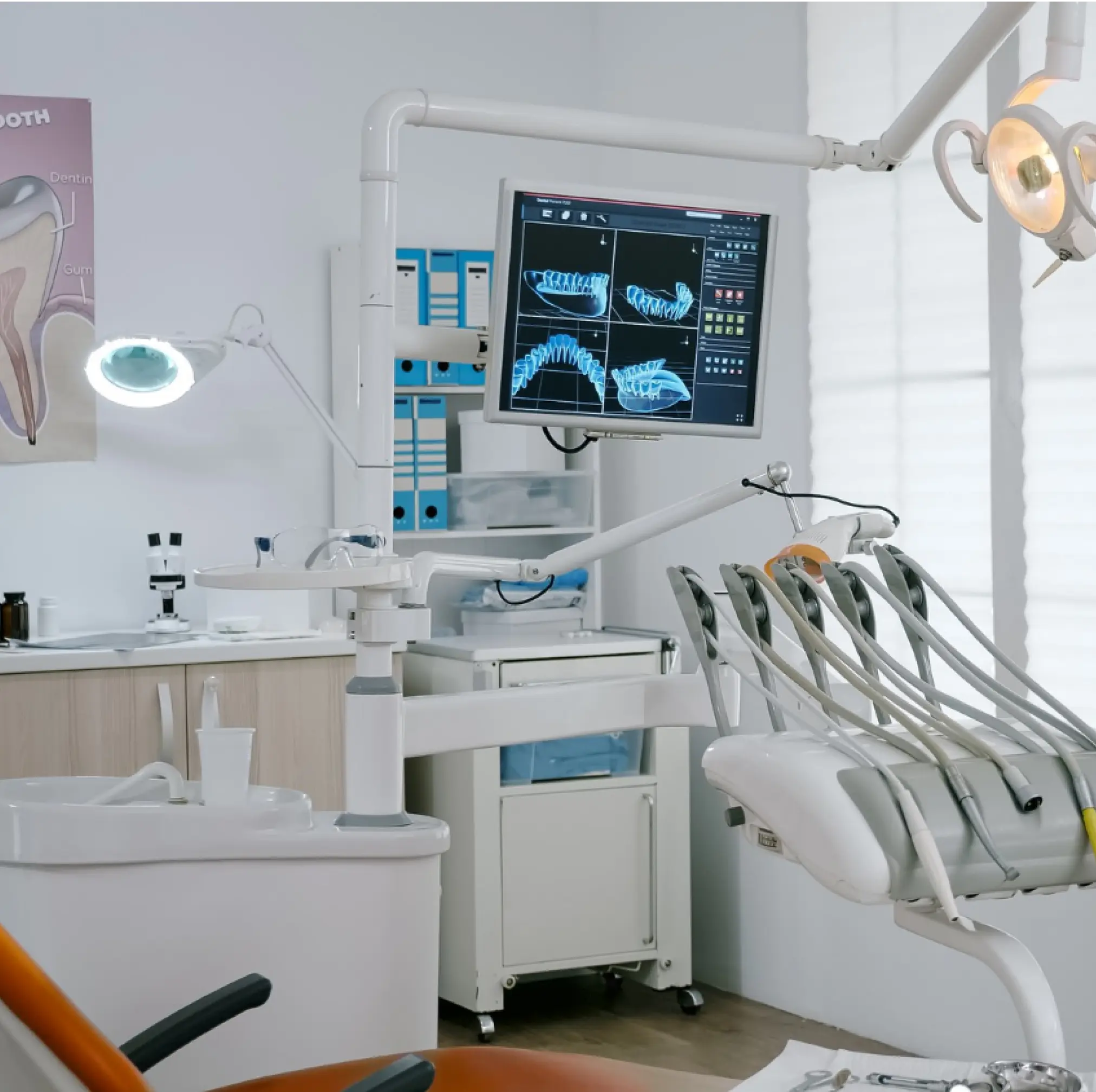
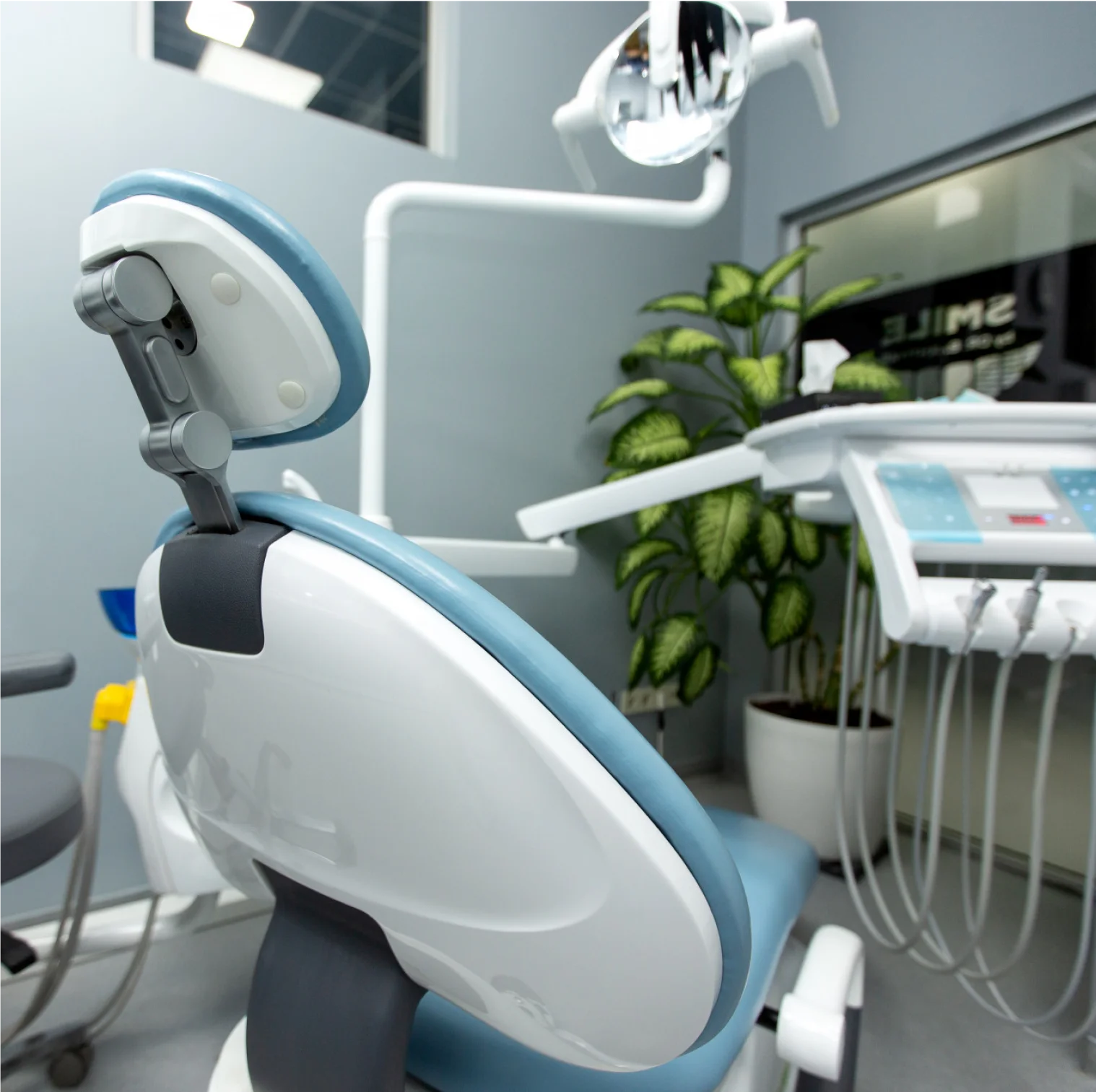
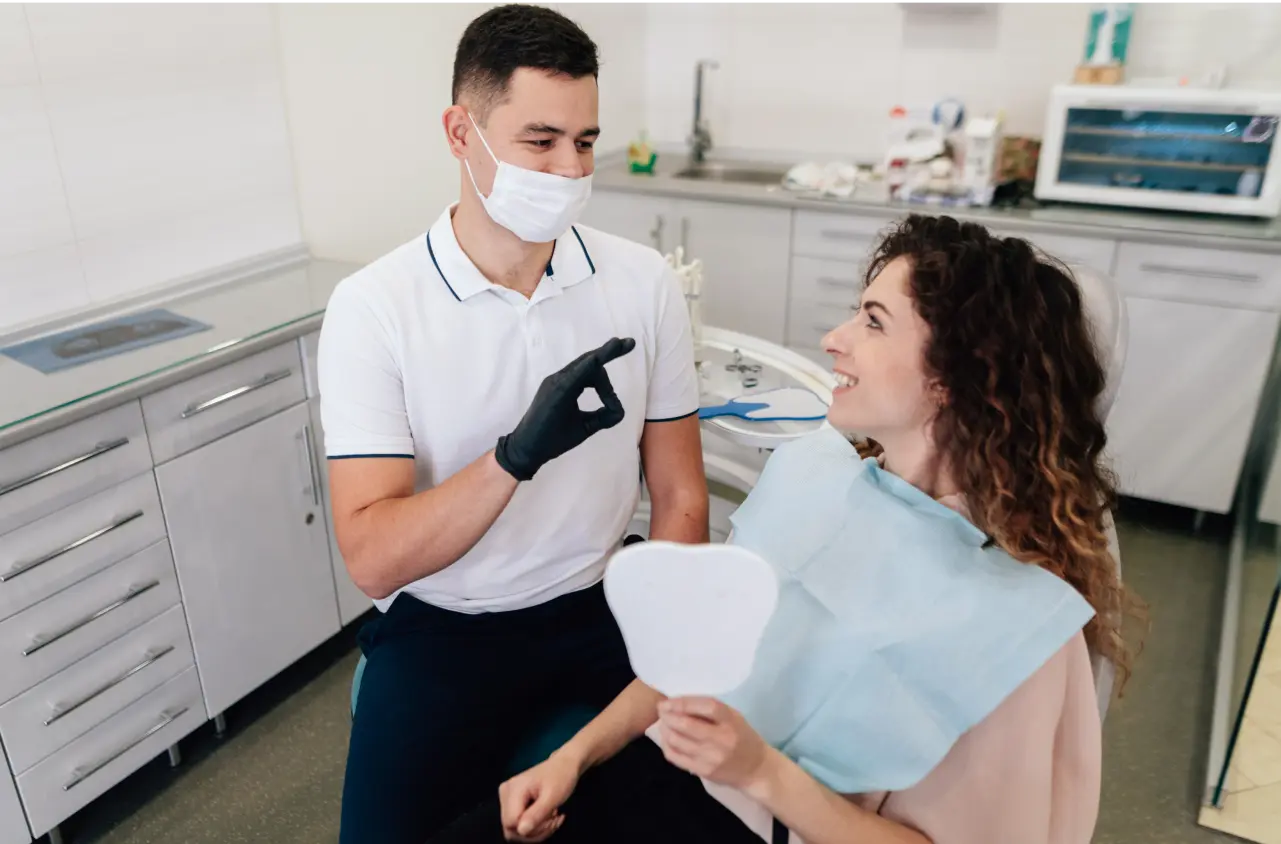
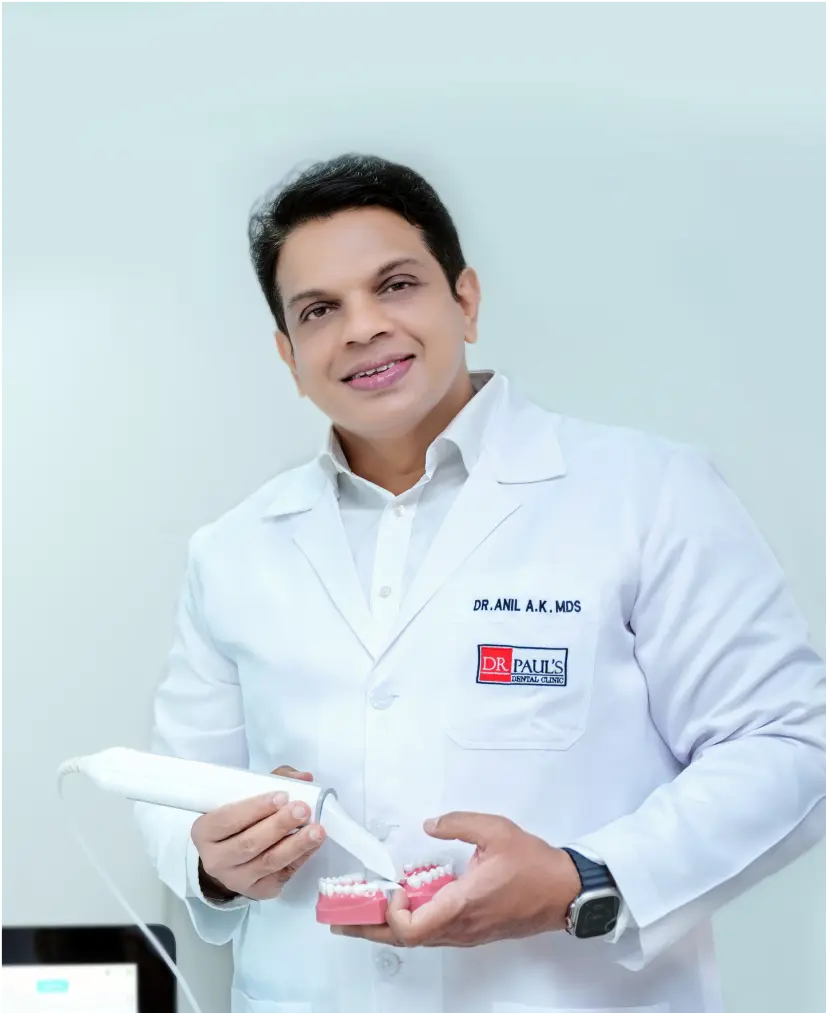 Dr. Anil Abdul Kaphoor
Dr. Anil Abdul Kaphoor 